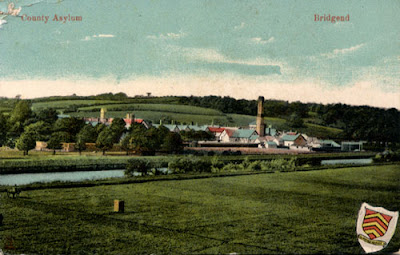When you do an image search for "bipolar",
you get a lot of pictures like these...
i know that a broader dialogue and awareness
about bipolar and other such topics is better
than silence and shame and blah, blah...
about bipolar and other such topics is better
than silence and shame and blah, blah...
... and i'm willing to believe that the people
who created these images - and the thousands
of others quite like them - mean well, and are trying
to get people to feel the pain a little, and it's hard
to express something so inexpressible...
who created these images - and the thousands
of others quite like them - mean well, and are trying
to get people to feel the pain a little, and it's hard
to express something so inexpressible...
... but as somebody ten years down the road
of the diagnosed... with some experience
in the creation of images and communicating
about challenging topics...
of the diagnosed... with some experience
in the creation of images and communicating
about challenging topics...
i really don't like them.
on a bad day, i frikin' hate them.
on a bad day, i frikin' hate them.
why?
for starters, because they are wrong.
for starters, because they are wrong.
they are all about the extremes.
the 'crazy high' and the deepest darkest of the lows.
and that's not how it is. most of la vida bipolar,
in my experience, is lived between these edges.
the 'crazy high' and the deepest darkest of the lows.
and that's not how it is. most of la vida bipolar,
in my experience, is lived between these edges.
by portraying the extremes, they misrepresent
the reality of bipolar living.
by going for the drama, they misrepresent that reality
to those who do not know any better.
the reality of bipolar living.
by going for the drama, they misrepresent that reality
to those who do not know any better.
there is no line running down the middle of my life
or the lives of the bipolar people i know.
it's not on or off.
it's not digital.
it's not that simple.
or the lives of the bipolar people i know.
it's not on or off.
it's not digital.
it's not that simple.
it's a continuum.
and scary pictures don't help anybody.
<<>








































